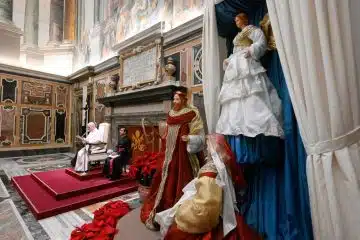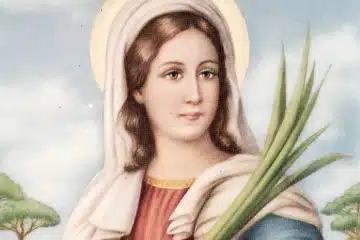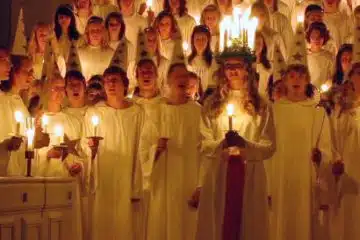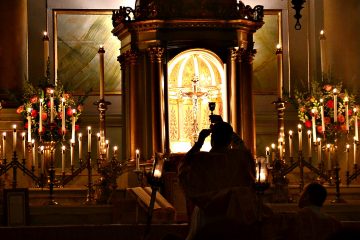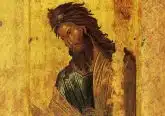Sunday Scripture: Gifts given
July 27, 2012
By Terrance Callan
Seventeenth Sunday in Ordinary Time: 2 Kings 4:42-4; Ephesians 4:1-6; John 6:1-15
We have all received many gifts, beginning with the gift of life and all that sustains our life — air, water, food, clothing, shelter. It is easy to take all these things for granted and not to be aware of them as gifts. But if we are conscious of all the gifts we have received, gratitude permeates all we are and do.
This Sunday’s reading from the Gospel according to John is John’s account of Jesus’ feeding a large crowd of people with a small quantity of food. This is a very familiar story, partly because it is also told in the Gospels of Matthew, Mark and Luke. We heard Mark’s version last Sunday. John’s version of the story emphasizes the greatness of the miracle. Jesus asked Philip where they could buy food for the crowd, and Philip answered, “Two hundred days’ wages worth of food would not be enough for each of them to have a little.” When Jesus proceeded to feed the crowd as much as they wanted to eat with just five barley loaves and two fish, and have 12 baskets of bread left over, it was clear that something very remarkable had happened. This can help us to appreciate more fully a miracle whose familiarity may have reduced its impact on us.
The people reacted to Jesus’ miraculous feeding by saying about Him, “This is truly the Prophet, the one who is to come into the world.” Concluding from the miracle that Jesus is a prophet seems rather strange to us. We would certainly think it shows that Jesus is an extraordinary person, but not necessarily that He is a prophet. The reading from the second book of Kings helps us to see why the people who experienced the miracle made this connection. The reading tells a story about the prophet Elisha. He fed one hundred people with twenty barley loaves; they ate and there was food left over. Jesus’ miracle far surpasses Elisha’s. But the two are similar enough that people who knew about both might conclude that Jesus’ miracle shows He is a prophet like Elisha.
After the people said that Jesus was a prophet, Jesus withdrew from them because He perceived that the people would make Him king. This is another connection that surprises us. We do not spontaneously think that someone who is a prophet should also be king. The reading from John connects them because prophet and king were connected in Israel. Not all prophets were kings, nor all kings prophets. But Moses was both prophet and leader of Israel, and David was both prophet and king.
The reading from the Letter of St. Paul to the Ephesians is the beginning of the exhortation section of the letter. In this section Paul urges those he addresses to “live in a manner worthy of the call you have received.” He has described this call in the earlier part of the letter. In this passage he urges those he addresses to preserve unity because unity characterized their call — “one Lord, one faith, one baptism; one God and Father of all.” Our manner of life should be appropriate to the call we have received, a call that is God’s gift to us.
The Gospel reading describes Jesus’ gift of food to a crowd of hungry people. None of us was there to receive that gift from Jesus, but we have all received similar gifts, including the call we have received from God through Jesus, and most of all the gift of Jesus’ body and blood as food in the Eucharist. Being aware of these gifts shapes the way we live.
Callan is an instructor at the Athenaeum of Ohio/Mount St. Mary’s Seminary



